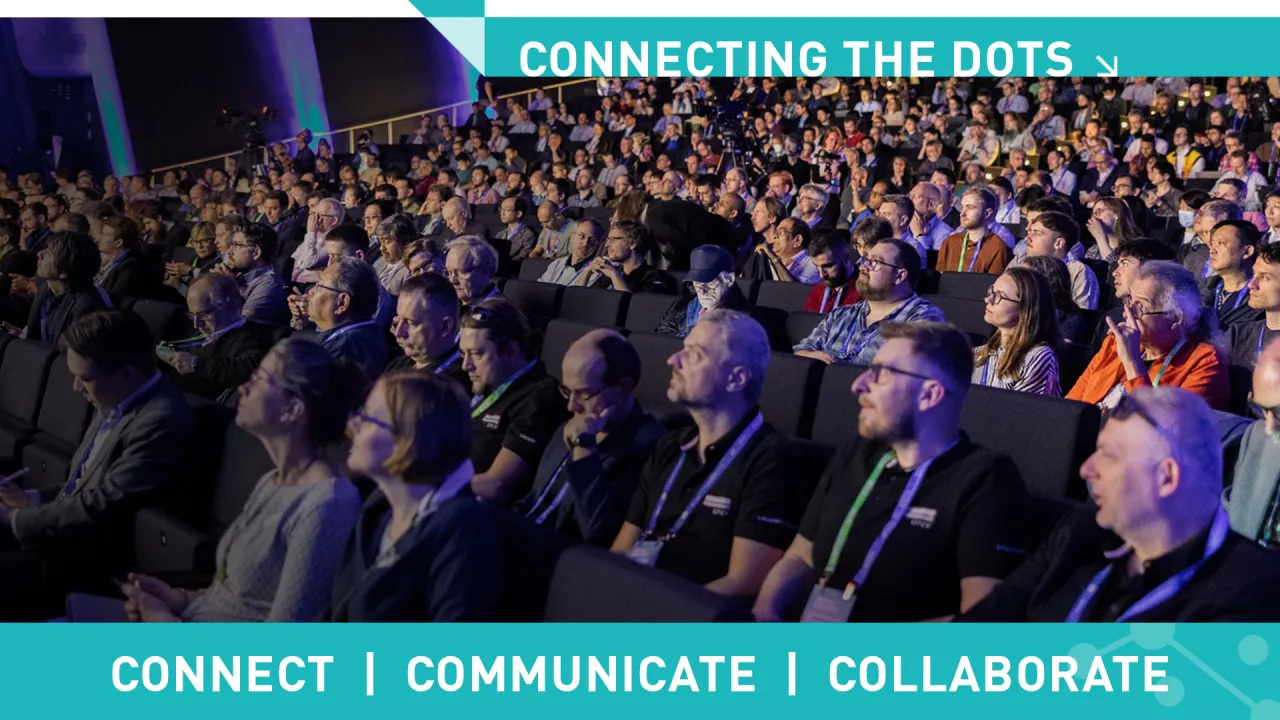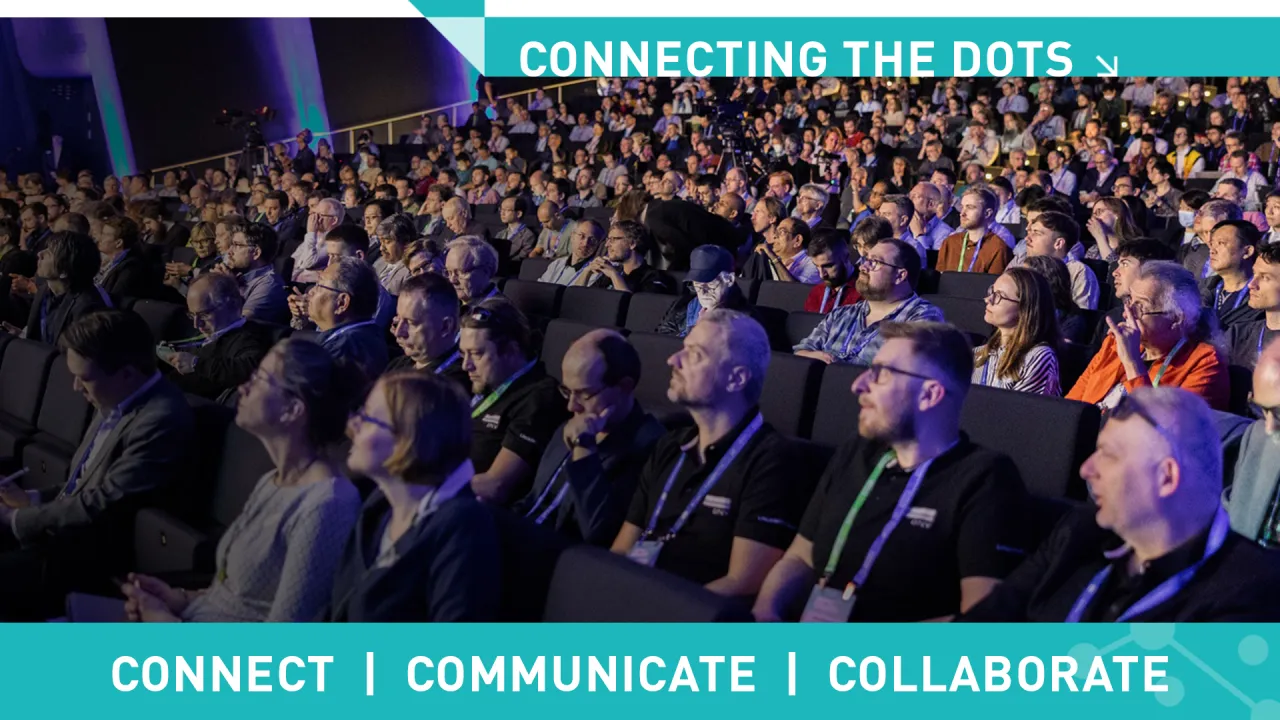

Energy Efficiency with Sustainable Performance: Techniques, Tools, and Best Practices
Friday, June 13, 2025 9:00 AM to 1:00 PM · 4 hr. (Europe/Berlin)
Hall X3 - 1st floor
Workshop
Community EngagementEducation and TrainingExtreme-scale SystemsSustainability and Energy Efficiency
Information
This workshop aims to foster an exchange of innovative strategies, tools, resources, and industry best practices to enhance energy efficiency in computing environments. As the challenges of rising energy costs, ambitious sustainability goals, and global environmental concerns continue to grow, optimizing energy use has become a crucial priority for managing computing infrastructure.
EESP workshop will focus on advancing sustainable computing in alignment with Sustainable Development Goals, encouraging collaboration between the HPC and AI communities to foster a positive relationship between HPC, AI, and environmental health. It will provide guidance to system operators and facility managers on reducing Power Usage Effectiveness (PUE) and sourcing green energy, while supporting users in making energy-conscious decisions through thoughtful experiment design. By providing visibility into energy consumption and CO₂ emissions, users can make informed choices. Although tenders today often prioritize TOP500 rankings or hardware counts, EESP workshop will emphasize that sustained (application) performance, rather than peak performance, is crucial for future success.
EESP will explore how to optimize computing environments by effectively balancing performance, power consumption, and sustainability trade-offs. The workshop will also provide participants with a comprehensive guidebook, including strategies designed for exascale, Tier-1 and Tier-2 supercomputing centers. By learning and exchanging about how to adopt greener, cost-effective, and energy-efficient practices, attendees will gain a competitive advantage in driving sustainability across their systems.
While there are only a few exascale systems (Tier-0 level), the majority of supercomputing centers globally operate at the Tier-2 level. These centers, including those in Germany, often face challenges like high power costs and limited resources for frequent hardware upgrades. In the coming years, energy efficiency may become a critical bottleneck for their operations. Tier-0/1 and Tier-2 centers differ significantly in terms of funding, with Tier-0/1 centers typically having better opportunities to invest in energy-efficient technologies. This workshop aims to create a platform for dialogue between these centers, exploring how the energy-savings mechanisms used in Tier-0/1 systems can be adapted for Tier-2 centers, particularly those with limited budgets for major hardware investments. Such a dialogue is crucial for advancing global energy efficiency and aligning with broader sustainability goals. The workshop will focus on solutions that are not only financially viable but also technically sound for diverse computing environments, including data centers, cloud infrastructure, and HPC clusters.
We aim to attract a diverse audience, including academia, supercomputing centers (Tier-0/1, Tier-2, and exascale), industry stakeholders, and environmental policymakers. The workshop will delve into areas like software development, hardware design, and energy-efficient practices across various computing environments such as HPC clusters, data centers, and cloud infrastructure.
Organizers:
EESP workshop will focus on advancing sustainable computing in alignment with Sustainable Development Goals, encouraging collaboration between the HPC and AI communities to foster a positive relationship between HPC, AI, and environmental health. It will provide guidance to system operators and facility managers on reducing Power Usage Effectiveness (PUE) and sourcing green energy, while supporting users in making energy-conscious decisions through thoughtful experiment design. By providing visibility into energy consumption and CO₂ emissions, users can make informed choices. Although tenders today often prioritize TOP500 rankings or hardware counts, EESP workshop will emphasize that sustained (application) performance, rather than peak performance, is crucial for future success.
EESP will explore how to optimize computing environments by effectively balancing performance, power consumption, and sustainability trade-offs. The workshop will also provide participants with a comprehensive guidebook, including strategies designed for exascale, Tier-1 and Tier-2 supercomputing centers. By learning and exchanging about how to adopt greener, cost-effective, and energy-efficient practices, attendees will gain a competitive advantage in driving sustainability across their systems.
While there are only a few exascale systems (Tier-0 level), the majority of supercomputing centers globally operate at the Tier-2 level. These centers, including those in Germany, often face challenges like high power costs and limited resources for frequent hardware upgrades. In the coming years, energy efficiency may become a critical bottleneck for their operations. Tier-0/1 and Tier-2 centers differ significantly in terms of funding, with Tier-0/1 centers typically having better opportunities to invest in energy-efficient technologies. This workshop aims to create a platform for dialogue between these centers, exploring how the energy-savings mechanisms used in Tier-0/1 systems can be adapted for Tier-2 centers, particularly those with limited budgets for major hardware investments. Such a dialogue is crucial for advancing global energy efficiency and aligning with broader sustainability goals. The workshop will focus on solutions that are not only financially viable but also technically sound for diverse computing environments, including data centers, cloud infrastructure, and HPC clusters.
We aim to attract a diverse audience, including academia, supercomputing centers (Tier-0/1, Tier-2, and exascale), industry stakeholders, and environmental policymakers. The workshop will delve into areas like software development, hardware design, and energy-efficient practices across various computing environments such as HPC clusters, data centers, and cloud infrastructure.
Organizers:
Format
On Site
Targeted Audience
Our workshop targets a diverse audience—academia, supercomputing centers (Tier-0/1, Tier-2, exascale), industry, and policymakers—to explore energy-efficient software, hardware, and practices across HPC clusters, data centers, and cloud environments. It aims to drive collaboration between HPC and AI communities to foster a positive relationship between HPC, AI, and environmental health.
Beginner Level
40%
Intermediate Level
35%
Advanced Level
25%
Speakers

John Shalf
ScientistLawrence Berkeley National Laboratory
Fumiyoshi Shoji
Operations and Computer Technologies Division DirectorRiken R-CCS
Ayesha Afzal
ResearcherErlangen National High Performance Computing Center (NHR@FAU), Friedrich-Alexander-University Erlangen-Nuremberg (FAU)
Gabriel Hautreux
Head of HPC and AI DepartmentCINESZZ
Zhengji Zhao
HPC Architect and Performance EngineerNERSC
Ryoma Ohara
PhD StudentThe University of Tokyo
Giorgio Amati
Senior HPC specialistCineca
Shaina Smith
PhD StudentQueen’s UniversityHT
Hannes Tröpgen
Research AssociateTU Dresden
Matteo Mendula
R&DCentre Tecnològic de Telecomunicacions de Catalunya (CTTC)